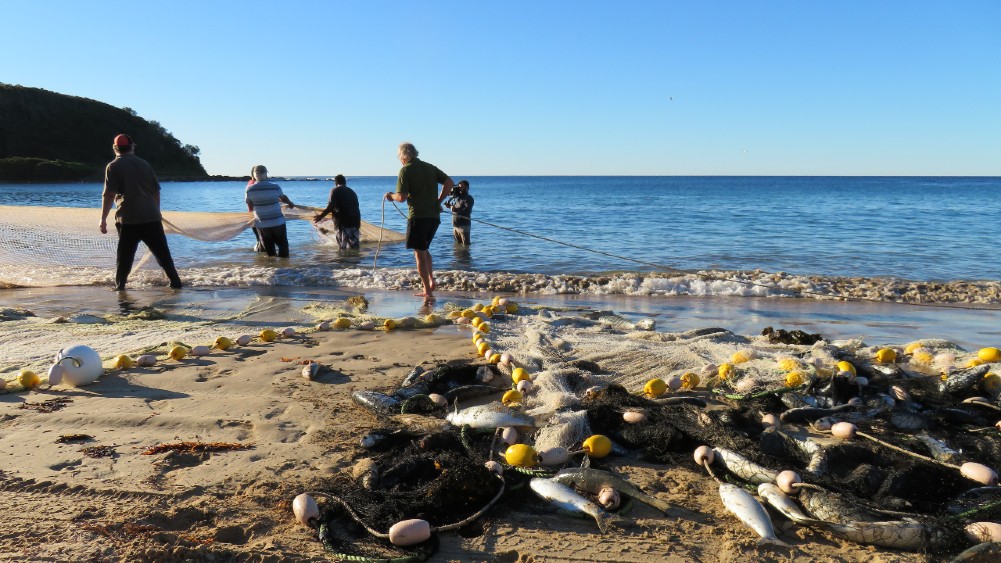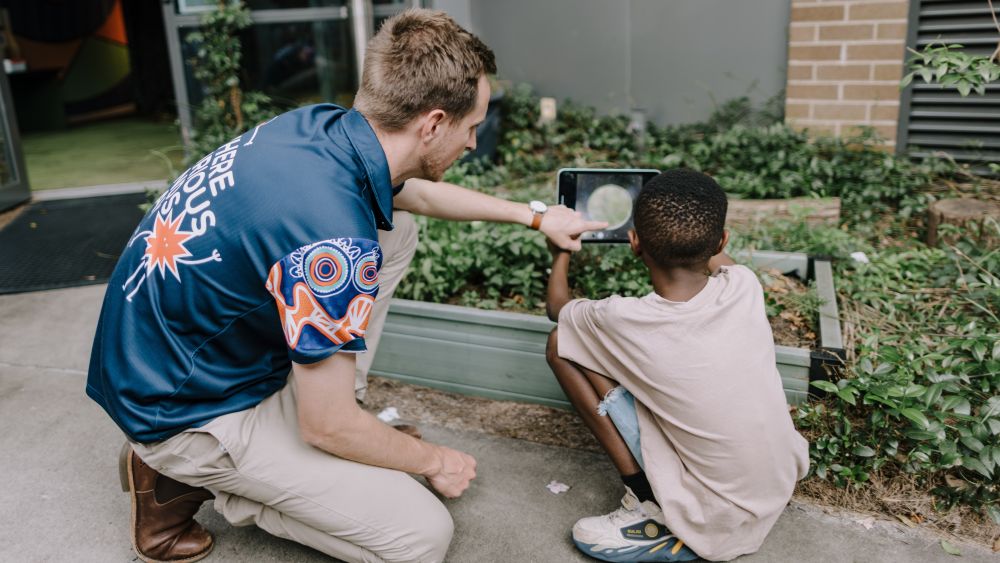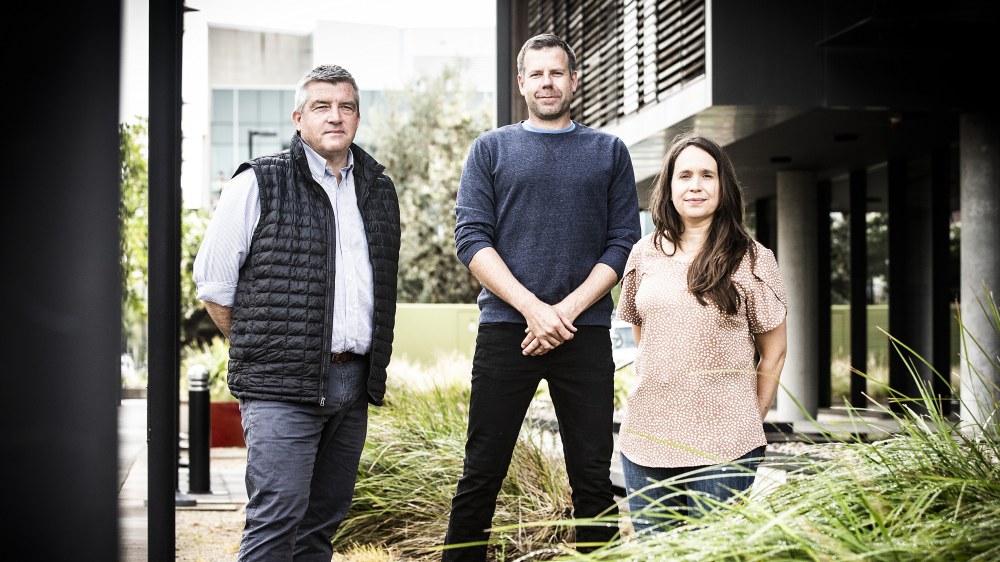Our research centres and groups
Business
- Centre for Contemporary Australasian Business and Economics Studies
- Centre for Cross-Cultural Management
- Centre for Human and Social Capital Research
- Centre for Responsible Organisations and Practices
- Centre for Supply Chain Research






